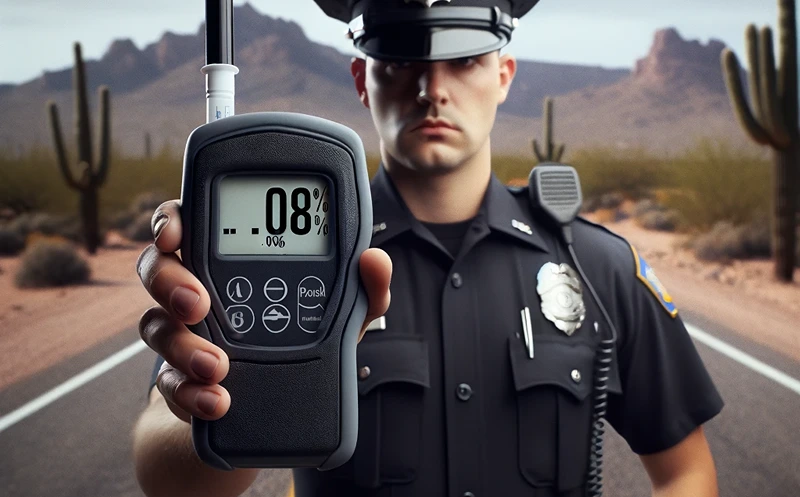
Feature Article: Understanding False Positives in Breathalyzer Tests and How to Contest Them
An Introduction to False Positives and DUI Charges
Getting pulled over by law enforcement officers for a DUI can be a harrowing experience. If you find yourself in such a situation, you will typically undergo a battery of tests, including a breathalyzer test, to gauge your blood alcohol concentration (BAC). However, it is not uncommon for a breathalyzer test to yield inaccurate results, particularly a false positive. A false positive in a breathalyzer test can result in DUI charges, even if your BAC is below the legal limit. Here's what you need to know about false positives and DUI charges, including how to contest them.
Understanding Breathalyzer Tests and False Positives
The breathalyzer test is a device used to determine the amount of alcohol in your system by analyzing your breath. The device works on the assumption that every time you exhale, a sample of the air from your lungs can reveal the amount of alcohol in your blood system. However, there are certain conditions under which the breathalyzer test may yield inaccurate results, including:
- Calibration problems with the device.
- Misuse or inaccurate calibration by the law enforcement officer administering the test.
- Technical errors or malfunctions with the device.
- The presence of substances in your mouth that may interfere with the test results, such as mouthwash, breath fresheners, or certain medications.
- Medical conditions that may affect how the results are interpreted, such as acid reflux, diabetes, or severe dehydration.
Unfortunately, even if you produce a false positive in a breathalyzer test, you can still be charged with a DUI under Arizona state law.
Understanding Impairment to the Slightest Degree
Under Arizona state law, you can be arrested for DUI even if your BAC is below 0.08%, or if there is a false positive. This is because the state's DUI statutes extend beyond conventional BAC levels, encompassing what is known as "impairment to the slightest degree." This means that even if your BAC is below 0.08% or if there's a false positive, you can still face DUI charges if the officer believes your ability to drive was impaired in any way.
Contesting a False Positive in a Breathalyzer Test
If you believe that your breathalyzer test result was inaccurate, you have the right to contest it in court. You can do this by:
- Proving that the breathalyzer test was not properly calibrated.
- Showcasing technical malfunctions with the device.
- Highlighting errors or mistakes made by the officer administering the test.
- Proving that the presence of substances or medical conditions affected the test results.
- Providing proof that the officer failed to follow the proper breathalyzer testing protocol.
It is best to seek the counsel of an experienced DUI defense lawyer if you plan to contest a DUI charge based on a false positive.
Conclusion
False positives in breathalyzer tests can be a source of frustration and anxiety for drivers. They can lead to unwarranted DUI charges that can have far-reaching consequences, including license suspension, hefty fines, and even jail time. However, with the right legal support and knowledge, you can contest these charges and clear your name. Understanding how breathalyzer tests work, what factors can contribute to a false positive, and how to contest DUI charges based on false positives is crucial if you want to protect your rights and defend your freedom.
False Positive Breathalyzer Test-DUI



Social Plugin